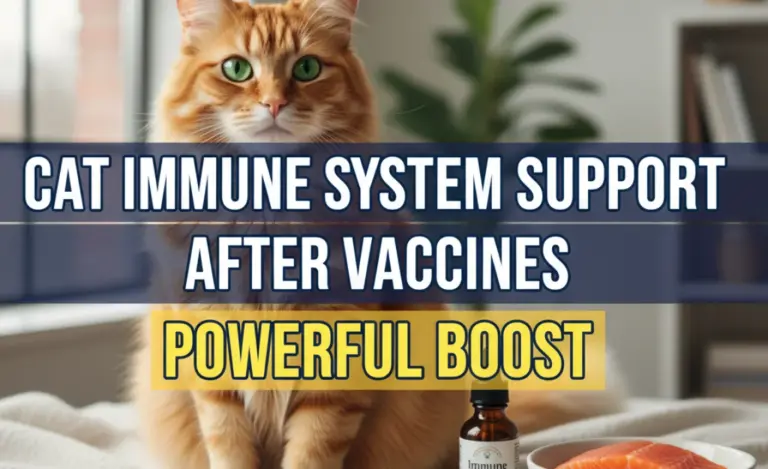How Often to Vaccinate a Cat? Smart & Easy Guide
Have you ever wondered about keeping your cat healthy? Do you know how to protect them from diseases? One important way is through vaccinations. But how often to vaccinate a cat? It’s a question many cat owners ask. Let’s find out the answer together!
Taking care of a pet is a big job. Cats need food, water, and lots of love. They also need to see the vet. Vets give cats shots to keep them safe. These shots are called vaccines. They help cats fight off sickness. Knowing how often to vaccinate a cat can help them live a long and happy life.
Cats can get very sick without vaccines. Some diseases can even be deadly. That’s why vaccinations are so important. It’s like giving your cat a superhero shield. This shield protects them from harm. Keep reading to learn more about cat vaccinations!
Key Takeaways
- Adult cats usually need booster shots every one to three years.
- How often to vaccinate a cat depends on their lifestyle and vaccine type.
- Core vaccines protect against common and serious diseases.
- Kitten vaccination schedules start as early as six weeks old.
- Talk to your vet about the best vaccination plan for your cat.
Why Is Cat Vaccination Frequency Important?
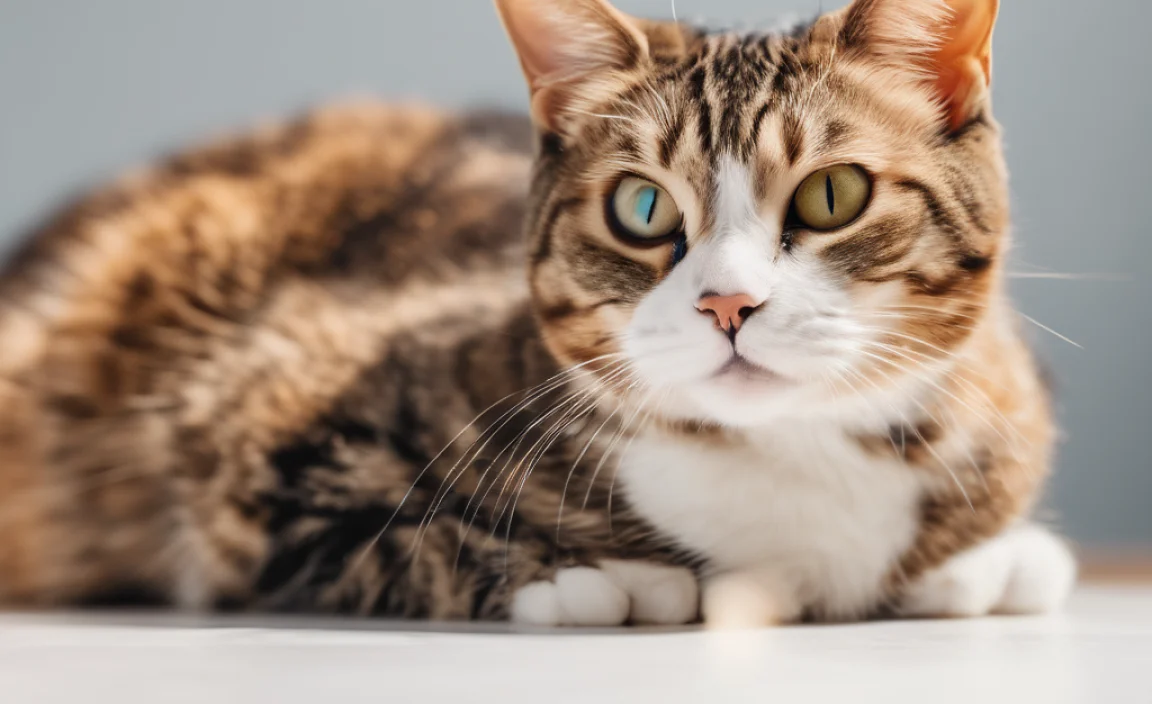
Vaccinating your cat is like giving them a superpower. These shots help protect them from dangerous diseases. But why is the frequency of these shots important? Well, vaccines don’t last forever. Over time, the protection they offer can weaken. If you wait too long between vaccinations, your cat could become vulnerable to illness. Think of it like a shield that slowly loses its strength. Regular vaccinations, or boosters, keep that shield strong and ready to defend your cat. This is why understanding how often to vaccinate a cat matters so much. It’s all about keeping their immune system ready to fight off those nasty germs!
- Vaccines help cats build immunity.
- Protection from vaccines can fade.
- Boosters keep immunity strong.
- Regular vet visits are important.
- Vaccinations protect against diseases.
Imagine your cat is a little knight. Vaccines are like the knight’s armor. The armor protects them in battle. But armor can get damaged over time. It needs to be repaired and strengthened. That’s what booster shots do for your cat’s immunity. They keep the armor strong. This ensures your cat stays protected. The right vaccination schedule is key. Talk to your vet to find out how often to vaccinate a cat. They can help you create a plan that’s perfect for your furry friend. Keeping up with vaccinations is one of the best ways to keep your cat healthy and happy. It gives you peace of mind knowing they are protected from harm.
Fun Fact or Stat: Unvaccinated cats are up to 9 times more likely to develop certain diseases compared to vaccinated cats!
What Are Core Cat Vaccines?
Core vaccines are like the essential tools in a superhero’s belt. They protect against the most common and dangerous diseases that cats can face. These diseases can be very serious. They can even be deadly. The core vaccines for cats typically include protection against feline panleukopenia (FPV), feline calicivirus (FCV), and feline herpesvirus-1 (FHV-1). These are often combined into a single shot known as the FVRCP vaccine. Rabies is another core vaccine required in many places. These vaccines are considered essential for all cats. They help protect against widespread and severe illnesses. Understanding these core vaccines is key to ensuring your cat’s health and well-being.
Non-Core Vaccines: What Are They?
Non-core vaccines are like special tools for specific jobs. Not every cat needs them. They are given based on a cat’s lifestyle and risk of exposure. For example, a cat that goes outside might need a vaccine against feline leukemia virus (FeLV). This is because they are more likely to encounter other cats that could spread the disease. Another example is the Chlamydophila felis vaccine. This might be recommended if your cat lives in a shelter or cattery. These vaccines protect against diseases that are less common. They are only needed in certain situations. Your vet can help you decide if your cat needs any non-core vaccines.
Vaccination Schedules for Kittens
Kitten vaccination schedules are like following a recipe for a healthy cat. Kittens get their first vaccines when they are very young. Usually, this starts around 6 to 8 weeks old. They then need a series of booster shots every 3 to 4 weeks until they are about 16 weeks old. This helps build a strong immune system. These early vaccinations protect them from diseases like feline distemper and upper respiratory infections. It’s important to follow the vet’s schedule closely. This ensures your kitten gets the right protection at the right time. It sets them up for a lifetime of good health. Think of it as giving them a head start in the race against illness.
Understanding Initial Kitten Vaccinations
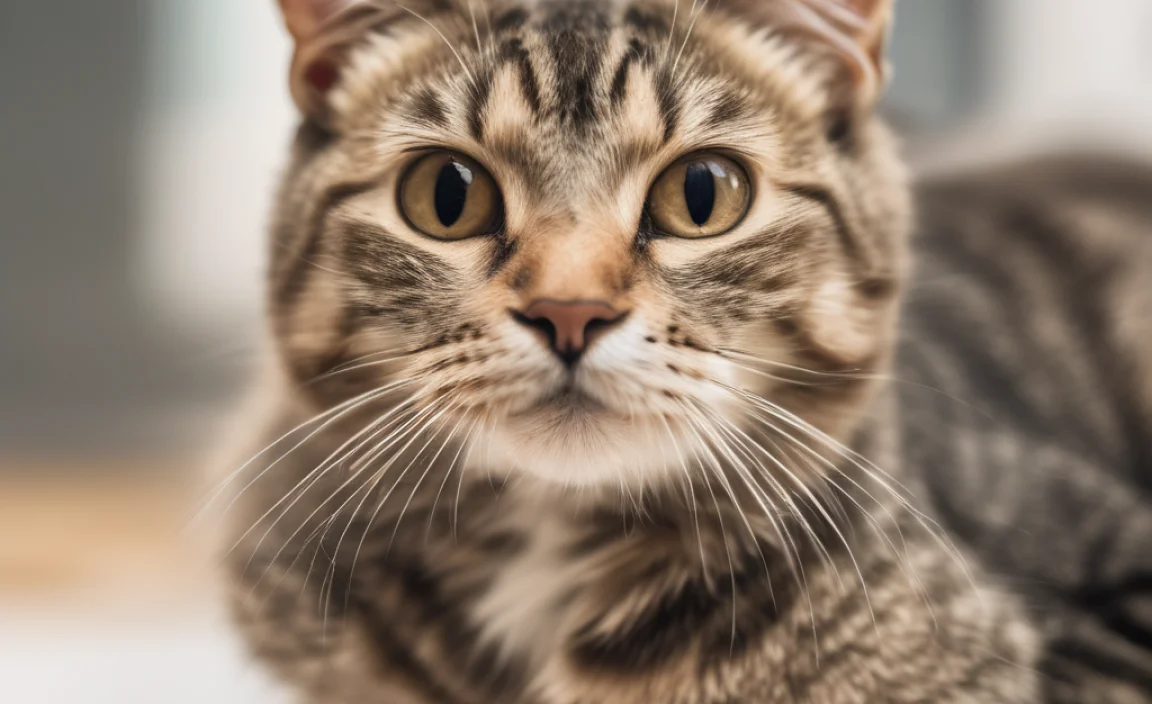
Getting your kitten vaccinated is one of the best things you can do for their health. When kittens are born, they get some protection from their mother’s milk. This protection is called maternal antibodies. But it doesn’t last forever. As the kitten grows, these antibodies fade away. That’s when vaccinations come in. They help the kitten build their own immunity. The first vaccines are usually given around 6 to 8 weeks of age. These vaccines start the process of protecting your kitten from dangerous diseases. It’s like planting seeds that will grow into a strong defense system. Following the vet’s recommended schedule is crucial. It ensures your kitten gets the right protection at the right time.
- Start vaccines at 6–8 weeks old.
- Maternal antibodies fade over time.
- Vaccines build their own immunity.
- Follow the vet’s schedule closely.
- Protect kittens from diseases early.
- Vaccines are like planting seeds.
Imagine your kitten is a tiny superhero in training. Vaccines are like their first set of superpowers. These superpowers help them fight off the bad guys (diseases). But just like any superhero, they need training and practice. That’s why kittens need a series of vaccinations. Each shot strengthens their immune system. It helps them become stronger and more resistant to illness. The vet will create a schedule. This schedule is designed to give your kitten the best possible protection. By following this schedule, you’re helping your kitten grow into a healthy and happy cat. Remember, a vaccinated kitten is a happy kitten!
Fun Fact or Stat: Kittens need a series of vaccinations because their immune systems are still developing, and one shot isn’t enough to provide full protection!
Why Multiple Kitten Shots Are Needed
Have you ever wondered why kittens need more than one shot? It’s because of how their immune systems work. When kittens are born, they have some protection from their mother. But this protection fades over time. The first vaccine helps their body start making its own defenses. But it’s not always enough. Multiple shots, given a few weeks apart, help build a stronger and longer-lasting immunity. It’s like building a wall. The first shot lays the foundation. Each additional shot adds more bricks. This makes the wall stronger and more protective. This ensures the kitten is well-protected against diseases.
The Role of Maternal Antibodies
Maternal antibodies are like a temporary shield passed from a mother cat to her kittens. These antibodies protect the kittens from diseases while their own immune systems are still developing. They get these antibodies through the mother’s milk. However, this protection doesn’t last forever. As the kittens grow, the maternal antibodies start to fade. This is why it’s important to start vaccinating kittens at a young age. The vaccines help them build their own immunity. This ensures they stay protected even after the maternal antibodies are gone. Think of it as passing the torch of protection from mother to kitten.
What Happens If You Miss a Kitten’s Vaccination?
Missing a kitten’s vaccination can be a little like forgetting to charge your phone. Your kitten is still vulnerable to diseases. It’s best to get back on schedule as soon as possible. Talk to your vet. They can help you figure out the best way to catch up. They might recommend giving the missed shot right away. They might also adjust the schedule for future shots. It’s important to follow their advice. This ensures your kitten gets the protection they need. Don’t worry too much if you miss one. Just focus on getting back on track. Your vet is there to help you every step of the way.
Adult Cat Vaccination Schedules Explained
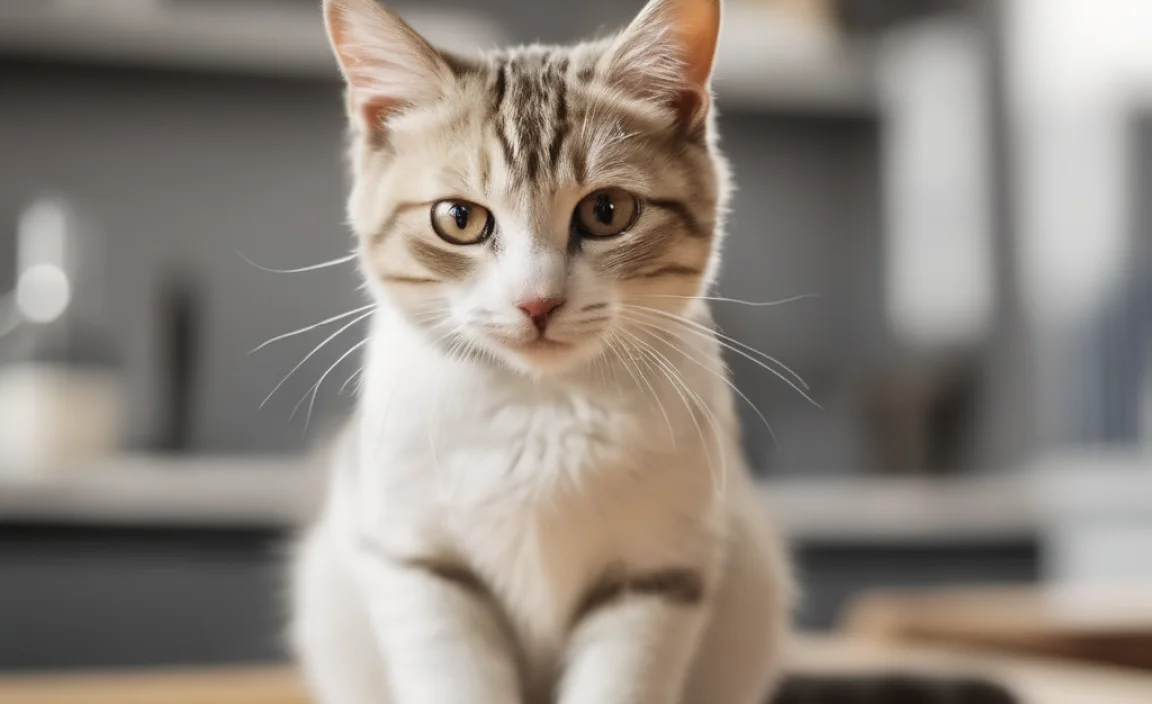
Once your cat is an adult, the vaccination schedule changes. Adult cats don’t need as many shots as kittens. But they still need regular boosters. These boosters help keep their immunity strong. The frequency of these boosters depends on a few things. It depends on the type of vaccine. It also depends on your cat’s lifestyle. Some vaccines last for one year. Others can last for three years. Indoor cats might not need as many vaccines as outdoor cats. This is because they are less likely to be exposed to diseases. Talk to your vet about the best vaccination schedule for your adult cat. They can help you create a plan that fits their needs.
- Adult cats need booster shots.
- Frequency depends on vaccine type.
- Indoor cats may need fewer vaccines.
- Outdoor cats need more protection.
- Talk to your vet about scheduling.
Imagine your adult cat is a seasoned traveler. They’ve already built up some immunity to common diseases. But even seasoned travelers need to refresh their protection. That’s what booster shots do for adult cats. They give their immune system a little reminder. This helps them stay protected against diseases. The vet will consider your cat’s lifestyle. Do they spend a lot of time outdoors? Do they interact with other cats? These factors help determine how often to vaccinate a cat. By following the vet’s recommendations, you can ensure your cat stays healthy and happy throughout their adult years. It’s like giving them a regular tune-up to keep them running smoothly.
Fun Fact or Stat: Adult cats typically need booster vaccinations every 1-3 years, depending on the vaccine and their lifestyle!
Booster Shots: Why Are They Needed?
Booster shots are like a reminder for your cat’s immune system. Vaccines help the body learn how to fight off diseases. But over time, the protection from a vaccine can weaken. Booster shots give the immune system a little nudge. They remind it how to fight off those diseases. This helps keep your cat protected. Think of it like learning a new skill. If you don’t practice it, you might forget it. Booster shots are like practicing to keep your cat’s immune system sharp and ready.
How Lifestyle Impacts Vaccination Needs
A cat’s lifestyle plays a big role in their vaccination needs. Indoor cats are less likely to be exposed to diseases. This is because they don’t interact with other animals as much. Outdoor cats, on the other hand, are at higher risk. They might encounter other cats, wild animals, or contaminated environments. This means they need more protection. The vet will consider your cat’s lifestyle when recommending a vaccination schedule. This ensures they get the right protection for their specific needs. It’s like choosing the right outfit for the weather. You want to be prepared for whatever comes your way.
What About Senior Cats and Vaccinations?
Senior cats still need vaccinations. But the schedule might change as they get older. As cats age, their immune systems can weaken. This means they might not respond as well to vaccines. The vet might recommend a different schedule. They might also suggest blood tests to check their immunity levels. It’s important to keep senior cats protected. They are more vulnerable to diseases. Talk to your vet about the best vaccination plan for your senior cat. This ensures they stay healthy and comfortable in their golden years. Think of it as providing extra care for a well-loved friend.
Core vs. Non-Core Vaccines: What’s the Difference?
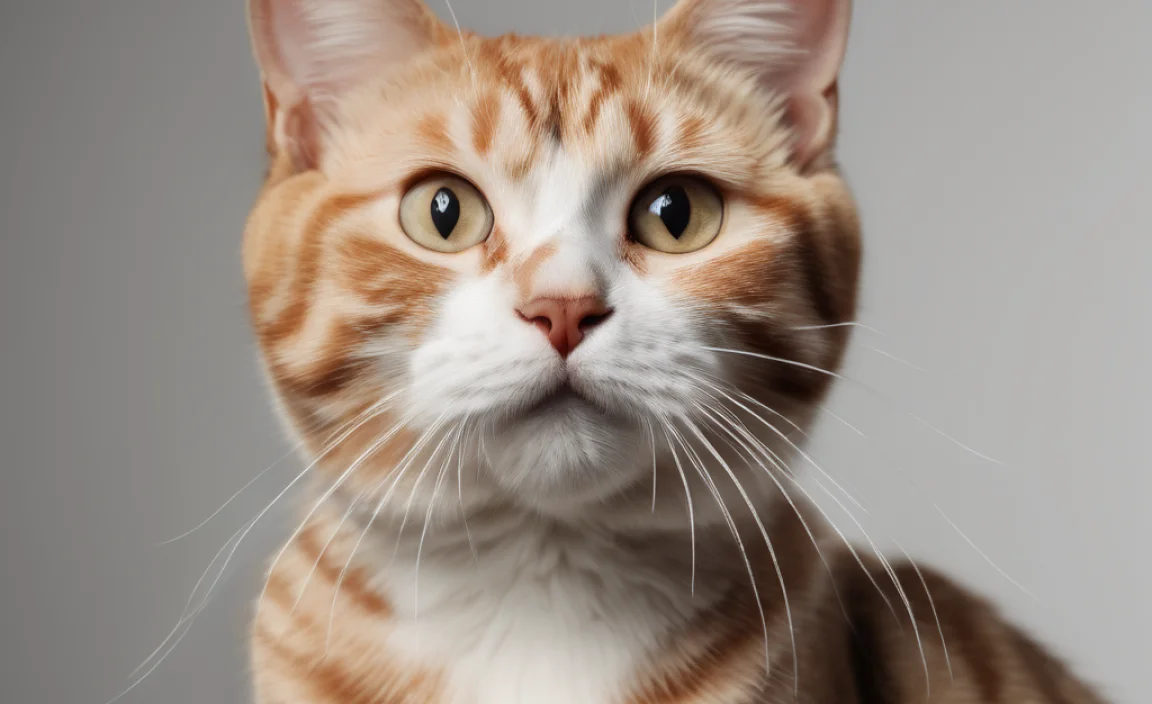
Think of vaccines as tools in a toolbox. Some tools are essential for every job. Others are only needed for specific tasks. Core vaccines are like the essential tools. They protect against the most common and serious diseases that all cats should be protected from. These include feline panleukopenia, feline calicivirus, feline herpesvirus-1, and rabies. Non-core vaccines are like the specialized tools. They are only needed for cats that are at higher risk of certain diseases. This might depend on their lifestyle or where they live. Understanding the difference between core and non-core vaccines can help you make informed decisions about your cat’s health.
- Core vaccines are essential for all cats.
- Non-core vaccines are for specific risks.
- Rabies is a core vaccine.
- FeLV is a non-core vaccine.
- Discuss with your vet.
- Lifestyle determines non-core needs.
Imagine core vaccines as the foundation of a house. They provide the basic protection that every cat needs. Non-core vaccines are like extra features you might add to the house. A security system, for example. Not every house needs a security system. But if you live in an area with a lot of crime, it might be a good idea. Similarly, not every cat needs non-core vaccines. But if your cat is at high risk of certain diseases, they might benefit from them. Your vet can help you assess your cat’s risk factors. They can then recommend the right combination of core and non-core vaccines to keep them healthy.
Fun Fact or Stat: Core vaccines are recommended for all cats regardless of their lifestyle, while non-core vaccines are tailored to individual risk factors!
Examples of Core Vaccines
Core vaccines are like the must-have items in a first-aid kit. They protect against diseases that can be very serious or even deadly. Feline panleukopenia (FPV), also known as feline distemper, is a core vaccine. It protects against a highly contagious and often fatal disease. Feline calicivirus (FCV) and feline herpesvirus-1 (FHV-1) are also core vaccines. They protect against common upper respiratory infections. Rabies is another core vaccine that is required by law in many places. These vaccines are essential for all cats. They help ensure they live a long and healthy life.
Examples of Non-Core Vaccines
Non-core vaccines are like optional upgrades for your car. They can provide extra protection in certain situations. Feline leukemia virus (FeLV) is a non-core vaccine. It is recommended for cats that go outdoors or live with other cats. Chlamydophila felis is another non-core vaccine. It can help protect against a common cause of conjunctivitis (eye infection) in cats. Bordetella bronchiseptica is a non-core vaccine. It may be recommended for cats that are housed in shelters or catteries. These vaccines are not necessary for all cats. But they can be beneficial for those at higher risk.
How to Decide on Non-Core Vaccines
Deciding on non-core vaccines is like choosing the right electives in school. You want to pick the ones that are most relevant to your interests and goals. To decide if your cat needs non-core vaccines, talk to your vet. They will ask about your cat’s lifestyle. Do they go outside? Do they interact with other cats? Where do you live? They will also consider any specific health concerns your cat might have. Based on this information, they can recommend the non-core vaccines that are most appropriate. It’s a collaborative decision. You and your vet working together to keep your cat healthy.
Vaccination Side Effects: What to Expect
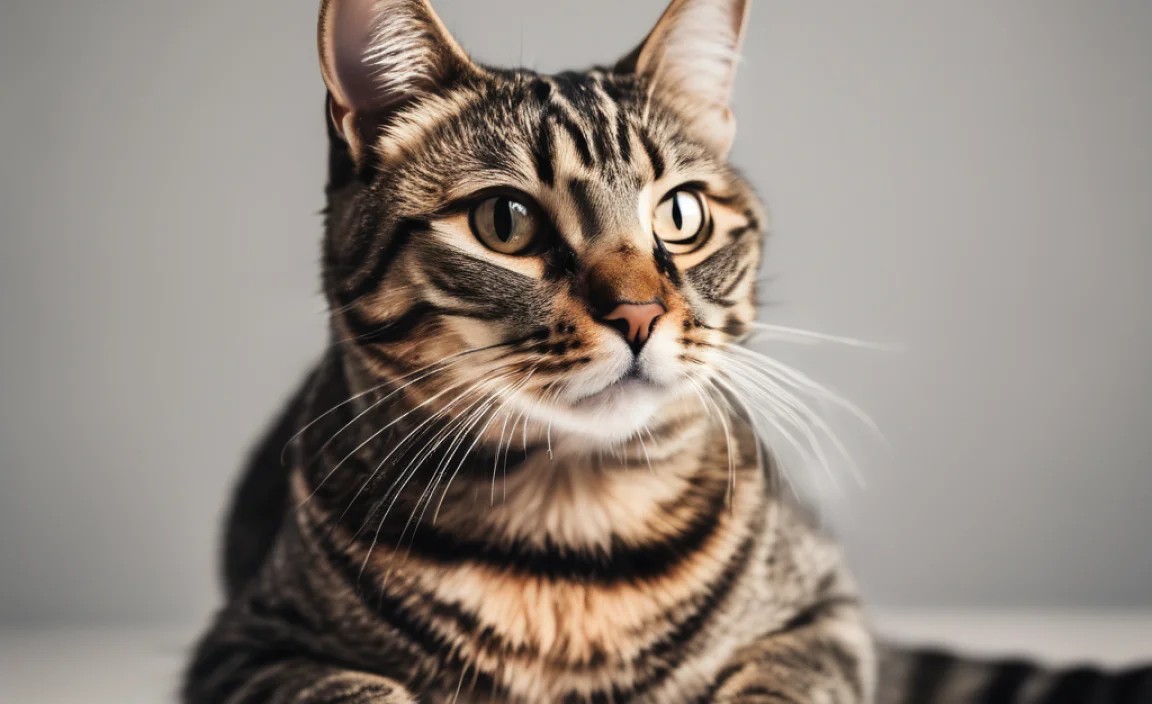
Vaccinations are generally safe. But like any medical procedure, they can sometimes cause side effects. Most side effects are mild and don’t last long. Your cat might feel a little tired or have a slight fever. They might also have some soreness at the injection site. These side effects usually go away within a day or two. More serious side effects are rare. But they can happen. If you notice anything unusual, like difficulty breathing or severe swelling, contact your vet right away. It’s important to be aware of potential side effects. But don’t let them scare you. The benefits of vaccination far outweigh the risks.
- Mild side effects are common.
- Tiredness or fever may occur.
- Soreness at the injection site.
- Serious side effects are rare.
- Contact your vet with concerns.
Imagine your cat is getting a little tune-up. Sometimes, after a tune-up, your car might run a little differently for a short time. It might make a strange noise or feel a little sluggish. This is similar to what can happen after a vaccination. Your cat’s body is reacting to the vaccine. It’s building its defenses against disease. This can sometimes cause mild side effects. But these side effects are usually temporary. They are a sign that the vaccine is working. If you’re concerned about any side effects, talk to your vet. They can provide reassurance and advice. They can also rule out any more serious problems.
Fun Fact or Stat: Most cats experience only mild and temporary side effects from vaccinations, such as soreness or lethargy!
Common Mild Side Effects
Common mild side effects after vaccination are like getting a little sniffle after playing in the rain. They are usually nothing to worry about. Your cat might seem a little tired or less active than usual. They might also have a slight fever. The injection site might be a little sore or swollen. These side effects usually go away on their own within 24 to 48 hours. Make sure your cat has plenty of water and a comfortable place to rest. If the side effects seem severe or last longer than two days, contact your vet.
Rare but Serious Side Effects
Rare but serious side effects after vaccination are like encountering a rare wild animal in your backyard. It’s not something that happens often, but it’s important to be aware of it. These side effects can include allergic reactions, difficulty breathing, or severe swelling around the face or neck. If you notice any of these signs, seek veterinary care immediately. These reactions are rare. But they can be life-threatening. It’s better to be safe than sorry. Knowing the signs can help you act quickly if needed.
How to Care for Your Cat After Vaccination
Caring for your cat after vaccination is like giving them a little TLC (tender loving care). Make sure they have a quiet and comfortable place to rest. Provide plenty of fresh water. Offer them their favorite food. Avoid strenuous activity for a day or two. Gently check the injection site for any signs of swelling or tenderness. If you notice anything unusual, contact your vet. Most importantly, give your cat lots of love and attention. This will help them feel better and recover quickly. It’s all about making them feel safe and comfortable.
Understanding Vaccine Types and Duration
Vaccines are not all created equal. They come in different types. They also offer different lengths of protection. Some vaccines are designed to last for one year. Others can last for three years or longer. Modified live vaccines (MLV) and killed vaccines are two common types. MLV vaccines often provide stronger and longer-lasting immunity. Killed vaccines are generally considered safer. But they might require more frequent boosters. The duration of protection can also depend on the specific disease. Rabies vaccines, for example, are often effective for three years. Talk to your vet about the different types of vaccines. Understand how long they last. This can help you make informed decisions about your cat’s vaccination schedule.
- Vaccines have different durations.
- Some last one year, others three.
- Modified live vaccines (MLV).
- Killed vaccines are generally safer.
- Rabies vaccines last up to three years.
Imagine vaccines are like different brands of batteries. Some batteries are designed to last longer than others. Some are more powerful. And some are better suited for certain devices. Similarly, different vaccines offer different levels of protection. They also last for different lengths of time. Your vet can help you choose the right “batteries” for your cat. They will consider your cat’s lifestyle, risk factors, and overall health. By understanding the different types of vaccines and their duration, you can ensure your cat gets the best possible protection. It’s like choosing the right tool for the job. It makes all the difference.
Fun Fact or Stat: Some vaccines provide protection for one year, while others can protect your cat for up to three years!
Modified Live vs. Killed Vaccines
Modified live vaccines (MLV) and killed vaccines are two main types. MLV vaccines contain a weakened version of the virus. This allows the body to develop a strong immune response. Killed vaccines contain an inactive version of the virus. They are generally considered safer. But they might not provide as strong or long-lasting immunity. MLV vaccines often require fewer boosters. Killed vaccines might need more frequent boosters. Your vet can help you decide which type of vaccine is best for your cat.
Factors Affecting Vaccine Duration
Several factors can affect how long a vaccine lasts. The type of vaccine is one factor. MLV vaccines tend to last longer than killed vaccines. The individual cat’s immune system is another factor. Some cats might develop stronger immunity than others. The cat’s age and overall health can also play a role. Younger cats and cats with weakened immune systems might not respond as well to vaccines. Environmental factors can also influence vaccine duration. Cats that are exposed to more diseases might need more frequent boosters.
Making Informed Vaccination Decisions
Making informed vaccination decisions is like being a responsible driver. You need to know the rules of the road. You also need to understand your car’s capabilities. To make the best decisions for your cat, do your research. Talk to your vet. Ask questions about the different types of vaccines. Understand the risks and benefits. Consider your cat’s lifestyle and risk factors. By being informed, you can work with your vet to create a vaccination plan. This plan will keep your cat healthy and protected for years to come. It’s all about being proactive and taking control of your cat’s health.
Creating a Personalized Vaccination Plan
Every cat is unique. They have different lifestyles, health histories, and risk factors. That’s why it’s important to create a personalized vaccination plan for your furry friend. This plan should be tailored to their individual needs. It should take into account their age, health status, lifestyle, and exposure risks. Talk to your vet. They can help you assess these factors. They can then recommend the most appropriate vaccines and schedule for your cat. Remember, there is no one-size-fits-all approach to vaccination. A personalized plan ensures your cat gets the right protection at the right time.
- Every cat is unique.
- Personalized plans are important.
- Consider lifestyle and risks.
- Talk to your vet.
- No one-size-fits-all approach.
Imagine your cat is a custom-built car. You wouldn’t use the same maintenance schedule for a race car as you would for a family sedan. Similarly, you shouldn’t use the same vaccination schedule for every cat. A cat that spends all its time indoors has different needs than a cat that roams freely outside. A cat with a weakened immune system might need a different approach than a healthy, young cat. A personalized vaccination plan takes all these factors into account. It ensures your cat gets the specific protection they need. It’s like creating a custom-tailored suit. It fits perfectly and provides the best possible protection.
Fun Fact or Stat: A personalized vaccination plan considers your cat’s age, lifestyle, and health history to provide the best protection!
Assessing Your Cat’s Lifestyle and Risks
Assessing your cat’s lifestyle and risks is like being a detective. You need to gather clues to understand their potential exposure to diseases. Does your cat spend time outdoors? Do they interact with other cats? Do they live in an area with a high prevalence of certain diseases? These are all important questions to consider. If your cat goes outside, they are at higher risk of contracting diseases like feline leukemia virus (FeLV) and feline immunodeficiency virus (FIV). If they live in a crowded environment, they might be at risk of upper respiratory infections. By understanding your cat’s lifestyle and risks, you can make informed decisions about their vaccination needs.
Working with Your Veterinarian
Working with your veterinarian is like having a trusted advisor. They are the experts on your cat’s health. They can provide valuable guidance and support. Be open and honest with your vet about your cat’s lifestyle, health history, and any concerns you might have. Ask questions about the different vaccines. Understand the risks and benefits. Follow their recommendations for vaccinations and other preventive care. Together, you and your vet can create a plan. This will keep your cat healthy and happy for years to come. It’s a partnership. You are both working towards the same goal: your cat’s well-being.
Adjusting the Plan Over Time
A vaccination plan is not set in stone. It should be adjusted over time as your cat’s needs change. As they age, their immune system might weaken. This means they might need more frequent boosters. If their lifestyle changes, their risk factors might also change. If you move to a new area, there might be different diseases to consider. Talk to your vet regularly about your cat’s vaccination plan. They can help you make adjustments as needed. This ensures your cat continues to receive the best possible protection throughout their life. It’s like updating your GPS. You need to keep it current to stay on the right track.
| Vaccine | Type | Frequency | Notes |
|---|---|---|---|
| FVRCP | Core | Every 1-3 years | Protects against feline distemper and respiratory viruses. |
| Rabies | Core | Every 1-3 years | Required by law in many areas. |
| FeLV | Non-Core | As recommended by vet | For cats at risk of feline leukemia virus. |
| Bordetella | Non-Core | As recommended by vet | For cats in shelters or boarding facilities. |
Summary
Vaccinations are an important part of keeping your cat healthy. They protect against serious and potentially deadly diseases. How often to vaccinate a cat depends on several factors. These include their age, lifestyle, and the type of vaccine. Kittens need a series of vaccinations. This starts around 6 to 8 weeks old. Adult cats need booster shots. These are usually given every one to three years. Core vaccines protect against common diseases. Non-core vaccines are for cats at higher risk of specific illnesses. Talk to your vet. They can help you create a personalized vaccination plan. This will keep your cat safe and healthy.
Conclusion
Vaccinations are a key part of responsible cat ownership. They protect your furry friend from dangerous diseases. It is important to understand how often to vaccinate a cat. Kittens and adults need different schedules. Core and non-core vaccines offer specific protection. Always talk to your vet about the best plan. A personalized approach keeps your cat healthy and happy. Regular vet visits are essential for a long and healthy life.
Frequently Asked Questions
Question No 1: Why are vaccinations important for my cat?
Answer: Vaccinations are like a shield for your cat. They protect against serious diseases. These diseases can make your cat very sick. Some can even be deadly. Vaccines help your cat’s body fight off these diseases. They do this by building immunity. This means your cat’s body will recognize and attack the disease if it ever comes into contact with it. Vaccinations are a key part of keeping your cat healthy and happy. They are especially important for kittens. Their immune systems are still developing. They need extra protection. Knowing how often to vaccinate a cat ensures they are always protected.
Question No 2: What are the core vaccines for cats?
Answer: Core vaccines are essential for all cats. They protect against the most common and serious diseases. These include feline panleukopenia (FPV), feline calicivirus (FCV), and feline herpesvirus-1 (FHV-1). These are often combined into a single shot known as the FVRCP vaccine. Rabies is another core vaccine. It is required in many places. These vaccines are like the basic tools in a toolbox. Every cat needs them to stay healthy. They provide protection against widespread and potentially deadly illnesses. These are the foundation of a healthy cat. Understanding these vaccines is key to responsible pet ownership.
Question No 3: How often should I vaccinate my adult cat?
Answer: How often to vaccinate a cat depends on several factors. It depends on the type of vaccine. It also depends on your cat’s lifestyle. Some vaccines last for one year. Others can last for three years. Indoor cats might not need as many vaccines as outdoor cats. This is because they are less likely to be exposed to diseases. Talk to your vet. They can help you create a vaccination schedule that is best for your adult cat. They will consider all the relevant factors. This ensures your cat gets the right protection at the right time. It is crucial to keep up with booster shots.
Question No 4: What are the potential side effects of cat vaccinations?
Answer: Most cats experience only mild side effects from vaccinations. These can include tiredness, a slight fever, or soreness at the injection site. These side effects usually go away within a day or two. More serious side effects are rare. But they can happen. If you notice anything unusual, like difficulty breathing or severe swelling, contact your vet right away. It’s important to be aware of potential side effects. But don’t let them scare you. The benefits of vaccination far outweigh the risks. The goal is to prevent serious illness. Vaccines make cats healthier.
Question No 5: What is a non-core vaccine?
Answer: Non-core vaccines are like special tools. Not every cat needs them. They are given based on a cat’s lifestyle and risk of exposure. For example, a cat that goes outside might need a vaccine against feline leukemia virus (FeLV). This is because they are more likely to encounter other cats that could spread the disease. Another example is the Chlamydophila felis vaccine. This might be recommended if your cat lives in a shelter or cattery. Your vet can help you decide if your cat needs any non-core vaccines. How often to vaccinate a cat with non-core vaccines depends on their lifestyle.
Question No 6: What happens if I miss my cat’s vaccination appointment?
Answer: If you miss your cat’s vaccination appointment, don’t panic. Contact your vet as soon as possible to reschedule. They can help you determine the best way to get back on track. Depending on the vaccine and how long it has been, they might recommend giving the missed shot right away. They might also adjust the schedule for future shots. The important thing is to get your cat vaccinated as soon as possible. This ensures they are protected from disease. It is always best to keep to the schedule. However, life happens. Just call your vet to get advice on how often to vaccinate a cat after a missed appointment.

